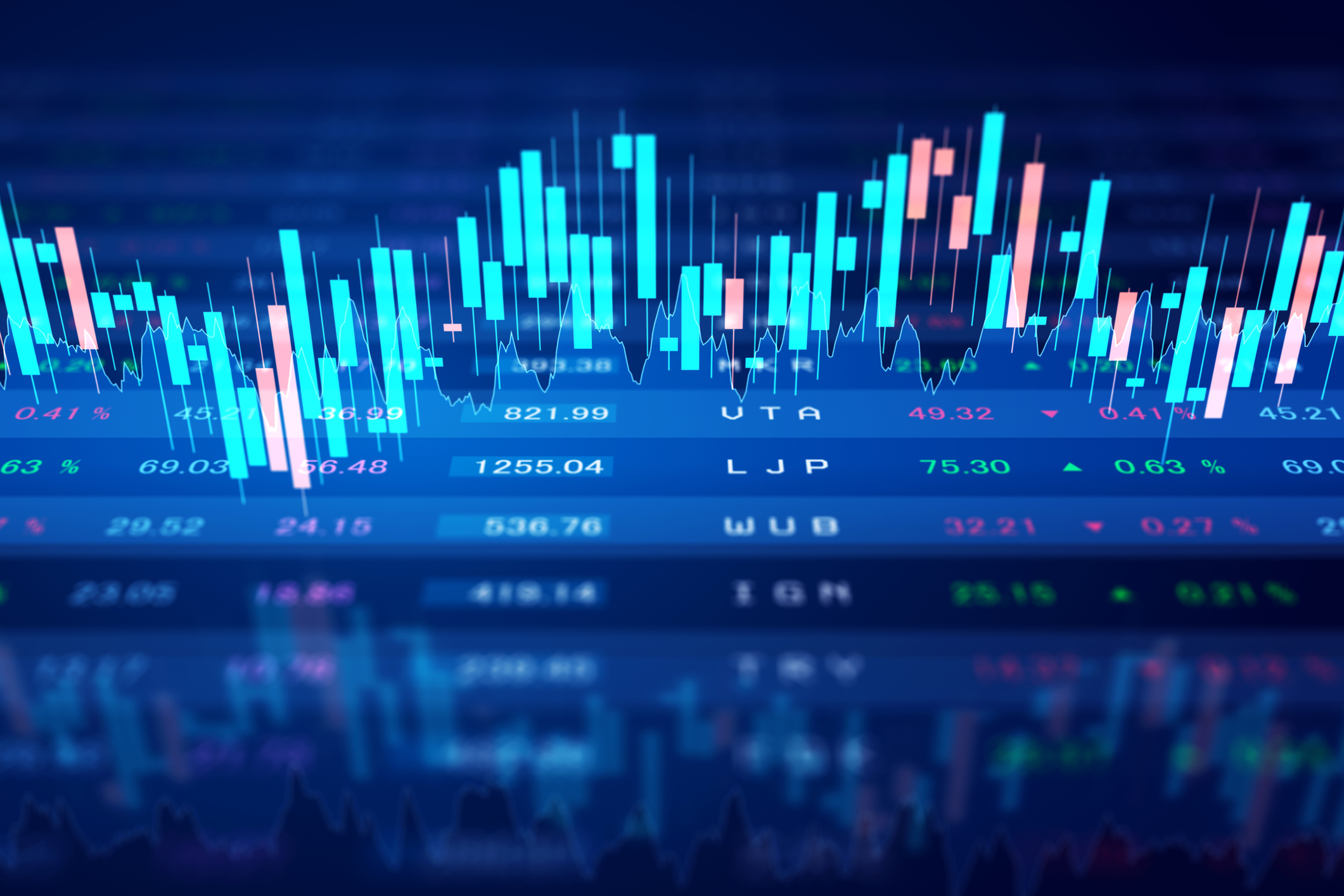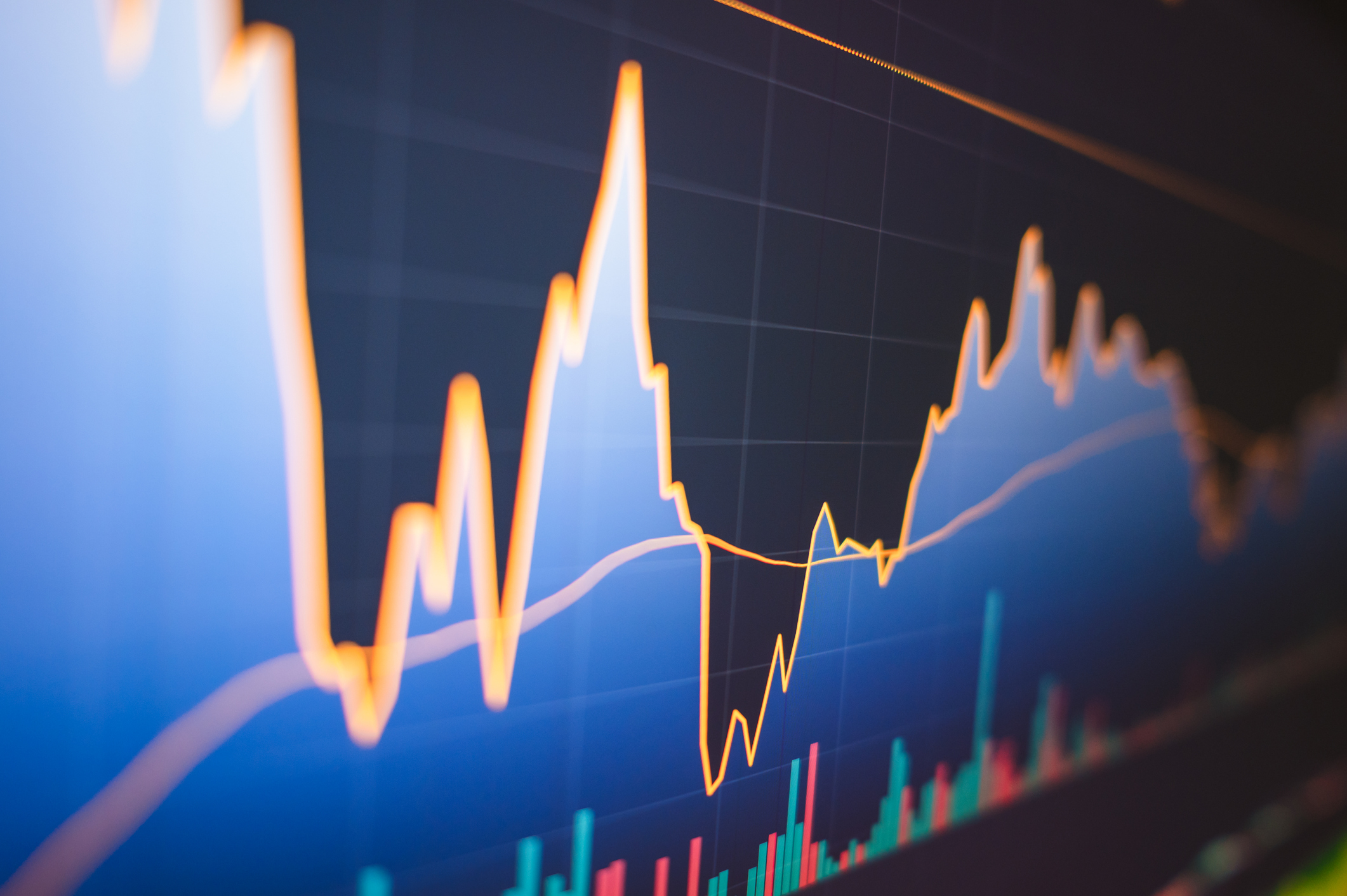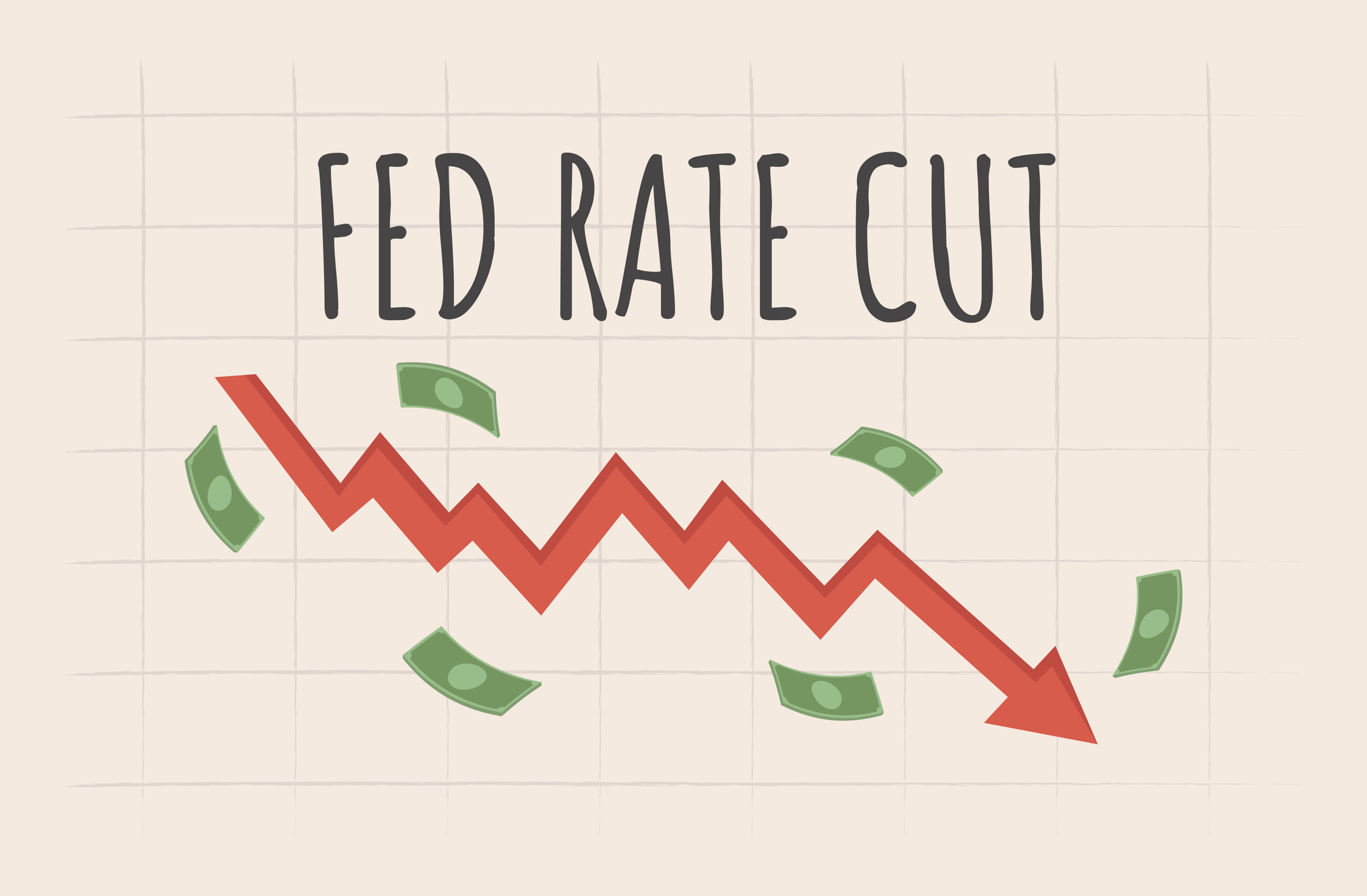Don't Dump Your Dividend Stocks
Yes, interest rates are headed north, but the bad news for yield-oriented stocks is already behind them.


Profit and prosper with the best of Kiplinger's advice on investing, taxes, retirement, personal finance and much more. Delivered daily. Enter your email in the box and click Sign Me Up.
You are now subscribed
Your newsletter sign-up was successful
Want to add more newsletters?

Delivered daily
Kiplinger Today
Profit and prosper with the best of Kiplinger's advice on investing, taxes, retirement, personal finance and much more delivered daily. Smart money moves start here.

Sent five days a week
Kiplinger A Step Ahead
Get practical help to make better financial decisions in your everyday life, from spending to savings on top deals.

Delivered daily
Kiplinger Closing Bell
Get today's biggest financial and investing headlines delivered to your inbox every day the U.S. stock market is open.

Sent twice a week
Kiplinger Adviser Intel
Financial pros across the country share best practices and fresh tactics to preserve and grow your wealth.

Delivered weekly
Kiplinger Tax Tips
Trim your federal and state tax bills with practical tax-planning and tax-cutting strategies.

Sent twice a week
Kiplinger Retirement Tips
Your twice-a-week guide to planning and enjoying a financially secure and richly rewarding retirement

Sent bimonthly.
Kiplinger Adviser Angle
Insights for advisers, wealth managers and other financial professionals.

Sent twice a week
Kiplinger Investing Weekly
Your twice-a-week roundup of promising stocks, funds, companies and industries you should consider, ones you should avoid, and why.

Sent weekly for six weeks
Kiplinger Invest for Retirement
Your step-by-step six-part series on how to invest for retirement, from devising a successful strategy to exactly which investments to choose.
Since the election, economists and pundits seem united in the belief that economic growth is about to accelerate, propelling inflation and interest rates to levels that we haven’t seen in years. If the Federal Reserve lifts short-term rates three times in 2017, as it has said it intends to do, holders of CDs and money market funds will benefit.
But higher rates and inflation portend peril for bonds and for stocks with high dividend yields. The yield on the 10-year Treasury bond soared from less than 1.9% on Election Day to 2.5% at the end of 2016, causing the bond’s price to drop by 3.2%. I don’t blame you if you’re not a fan of Treasury bonds. Neither am I. Although they’re supersafe from a credit-quality perspective, they still pay too little and are highly vulnerable to rising rates, as their recent performance shows.
Over in the stock market, utilities, telecommunications and other high-yielding groups lagged in the days after the election, as other sectors rallied. If you believe the rules of investing changed on November 9, you may have already trimmed or eliminated positions in such stocks as AT&T (symbol T, $43), Verizon Communications (VZ, $53), American Electric Power (AEP, $63) and Digital Realty Trust (DLR, $98). If you were quick on the trigger, you might have unloaded AT&T for $37.50 the morning after the surprise vote and felt justified when it dropped to $36.10 the following week. Or you could have sold Realty Income (O, $57), a real estate investment trust known for paying a dividend every month, for $58.35 at the outset of trading on November 9, then watched with satisfaction as it sank $4 over the next three days. (Quoted prices and yields are as of December 31.)
From just $107.88 $24.99 for Kiplinger Personal Finance
Become a smarter, better informed investor. Subscribe from just $107.88 $24.99, plus get up to 4 Special Issues

Sign up for Kiplinger’s Free Newsletters
Profit and prosper with the best of expert advice on investing, taxes, retirement, personal finance and more - straight to your e-mail.
Profit and prosper with the best of expert advice - straight to your e-mail.
You get two cheers if you sold off your dividend payers and located better alternatives. But you earn three huzzahs if you resisted, or never even contemplated, such drastic moves.
Yield-oriented stocks have already rebounded from the initial bout of knee-jerk selling. And why not? Utilities and REITs should benefit, not suffer, if the U.S. economy perks up, inflation remains modest, and long-term interest rates, which are set by investors in the bond market, have already experienced the bulk of their “Trump bump” adjustment (Kiplinger forecasts that 10-year Treasury bonds will yield 3.0% by the end of 2017). Real estate and utility companies are built to last. Years of low interest rates and sound credit ratings have let REITs and utilities borrow cheaply and for extended terms. And although it’s fair to mock Verizon for offering to swallow hapless Yahoo (YHOO), AT&T will spread its wings far beyond phone calls if its proposed deal to acquire Time Warner (TWX) goes through. With a dividend yield of 4.6%, AT&T remains attractive for income investors.
A potent mix
Perhaps the best recipe for the year ahead will be to mix growth with income. Our slide show of 10 Great All-Weather Stocks offered a bunch of strong dividend-paying stock ideas. Since Election Day, none have fallen apart, and three—Berkshire Hathaway (BRK-B), the one non-payer on the list, and two dividend stalwarts, Automatic Data Processing (ADP, $103) and Magellan Midstream Partners (MMP, $76)—have jumped by double-digit percentages. Prices of two other stocks mentioned, Brookfield Infrastructure Partners (BIP, $33) and Digital Realty, essentially took round-trips. Both are longtime favorites of mine for growth and income.
Evidence that scary numbers of investors are sick of dividends simply does not exist. And whatever your politics, you can bet that a Republican-dominated government won’t raise taxes on investment income. That’s another reason to stay with what has worked so consistently.
QUIZ: How Well Do You Know Dividends?
Profit and prosper with the best of Kiplinger's advice on investing, taxes, retirement, personal finance and much more. Delivered daily. Enter your email in the box and click Sign Me Up.

Kosnett is the editor of Kiplinger Investing for Income and writes the "Cash in Hand" column for Kiplinger Personal Finance. He is an income-investing expert who covers bonds, real estate investment trusts, oil and gas income deals, dividend stocks and anything else that pays interest and dividends. He joined Kiplinger in 1981 after six years in newspapers, including the Baltimore Sun. He is a 1976 journalism graduate from the Medill School at Northwestern University and completed an executive program at the Carnegie-Mellon University business school in 1978.
-
 5 Vince Lombardi Quotes Retirees Should Live By
5 Vince Lombardi Quotes Retirees Should Live ByThe iconic football coach's philosophy can help retirees win at the game of life.
-
 The $200,000 Olympic 'Pension' is a Retirement Game-Changer for Team USA
The $200,000 Olympic 'Pension' is a Retirement Game-Changer for Team USAThe donation by financier Ross Stevens is meant to be a "retirement program" for Team USA Olympic and Paralympic athletes.
-
 10 Cheapest Places to Live in Colorado
10 Cheapest Places to Live in ColoradoProperty Tax Looking for a cozy cabin near the slopes? These Colorado counties combine reasonable house prices with the state's lowest property tax bills.
-
 What Fed Rate Cuts Mean For Fixed-Income Investors
What Fed Rate Cuts Mean For Fixed-Income InvestorsThe Fed's rate-cutting campaign has the fixed-income market set for an encore of Q4 2024.
-
 The Most Tax-Friendly States for Investing in 2025 (Hint: There Are Two)
The Most Tax-Friendly States for Investing in 2025 (Hint: There Are Two)State Taxes Living in one of these places could lower your 2025 investment taxes — especially if you invest in real estate.
-
 The Final Countdown for Retirees with Investment Income
The Final Countdown for Retirees with Investment IncomeRetirement Tax Don’t assume Social Security withholding is enough. Some retirement income may require a quarterly estimated tax payment by the September 15 deadline.
-
 What Tariffs Mean for Your Sector Exposure
What Tariffs Mean for Your Sector ExposureNew, higher and changing tariffs will ripple through the economy and into share prices for many quarters to come.
-
 Stock Market Today: Stocks End Mixed Ahead of Powell
Stock Market Today: Stocks End Mixed Ahead of PowellPolitical upheaval in South Korea kept investors on their toes Tuesday.
-

 Stock Market Today: Stocks Drop, Oil Spikes After Iran Attacks Israel
Stock Market Today: Stocks Drop, Oil Spikes After Iran Attacks IsraelA massive port strike and dismal economic data also weighed on the main indexes Tuesday.
-

 Stock Market Today: Stocks Gain After Powell Talks Rate Cuts
Stock Market Today: Stocks Gain After Powell Talks Rate CutsA late-day burst of buying power helped the main indexes close higher for the day, month and quarter.
-
 Best Stocks to Buy for Fed Rate Cuts
Best Stocks to Buy for Fed Rate CutsThe Federal Reserve cut rates again at its December meeting, and lower borrowing costs could boost these large-cap stocks.